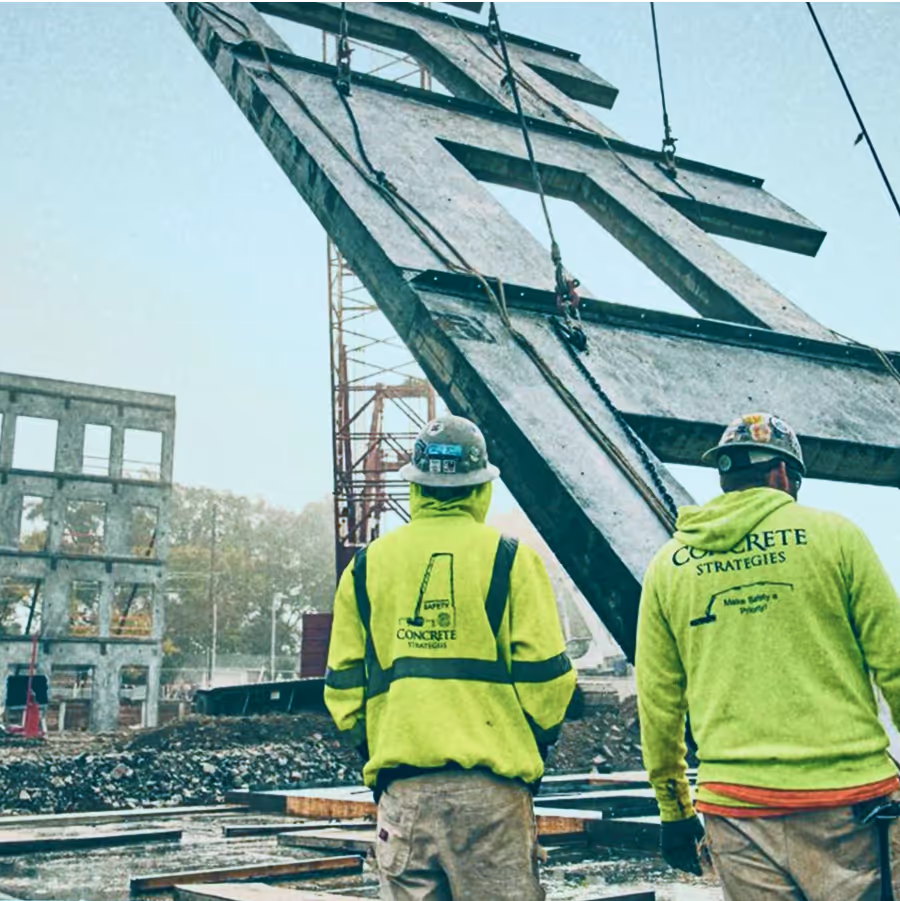Herzog & de Meuron: Blending Visionary Aesthetics with Functionality

One of the first names that come to mind when I think of architectural innovation is Herzog & De Meuron!
Founded by Jacques Herzog and Pierre de Meuron in 1978, this renowned Swiss architecture firm has received many prestigious awards for its influential work, including the Pritzker Architecture Prize in 2001 (the Nobel Prize of architecture) for its exceptional skill and ability to merge cutting-edge design with everyday usability. From the beginning, the pair has always shown a unique interest in the textures and patterns of their buildings, often experimenting with unconventional materials to create visually striking and tactile surfaces.

Herzog & de Meuron have an extraordinary project portfolio, taking on breathtaking structures like the Beijing National Stadium, which was designed for the 2008 Olympics and intertwines steelwork with symbolic national pride, and the Elbphilharmonie in Hamburg, a stunning concert hall on top of an old warehouse that seamlessly blends historic and modern elements. Sports fans will also know about one of the best soccer stadiums in Europe and the home of FC Bayern Munich, the 205 Allianz Arena, which was also designed by Herzog & de Meuron.
These projects are perfect examples of how the team at Herzog & de Meuron embodies a unique ability to merge visionary aesthetics with functionality and set new standards for what architecture can mean in terms of its connection with communities. One of the aspects of the firm that I admire the most is its fearless approach to architectural experimentation and how it has positively influenced the people who enjoy its spaces. Like Clayco, the firm pushes boundaries to enhance the user experience and challenge the way things have “always been” to construct a better way that they could be.

If more businesses adopted Herzog & de Meuron's hallmark approach of taking risks and making building interesting and fun, we could renovate our industries and communities in terms of what we can create. I am inspired by the firm’s ability to create iconic, globally recognized architectural landmarks that ensure spaces not only look impressive, but also effectively meet the practical needs of the people who use them.






.avif)



